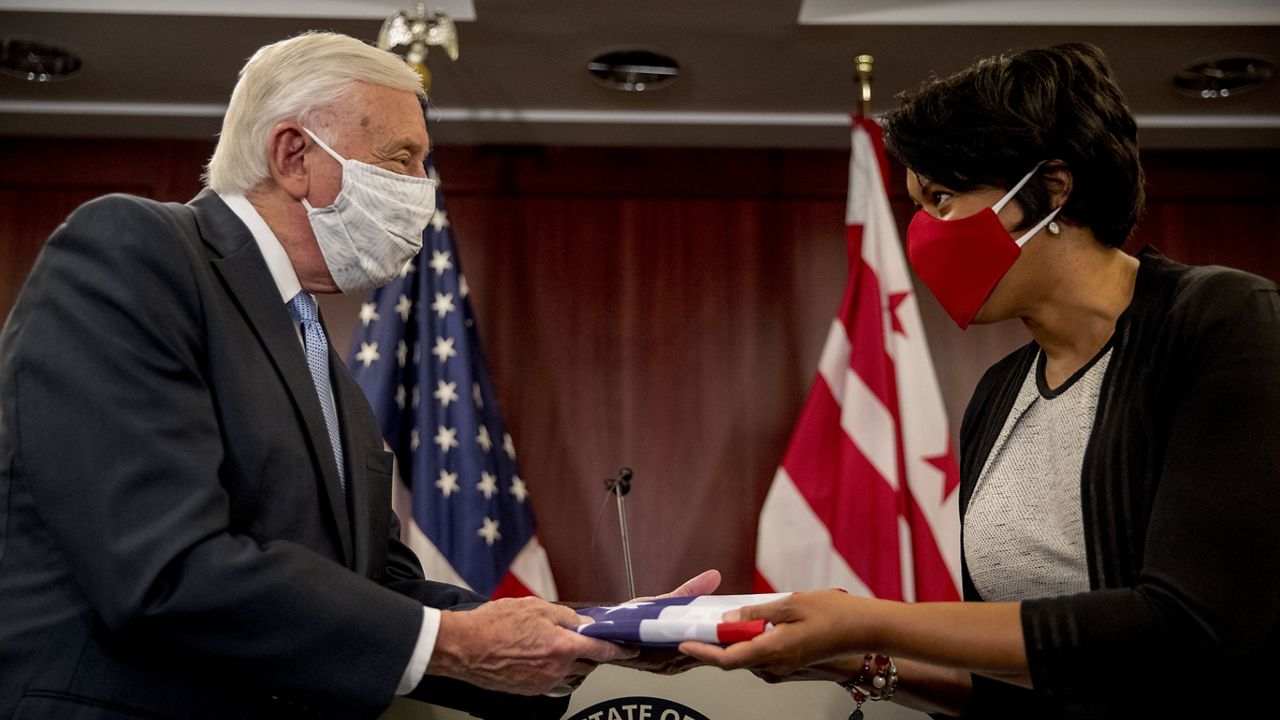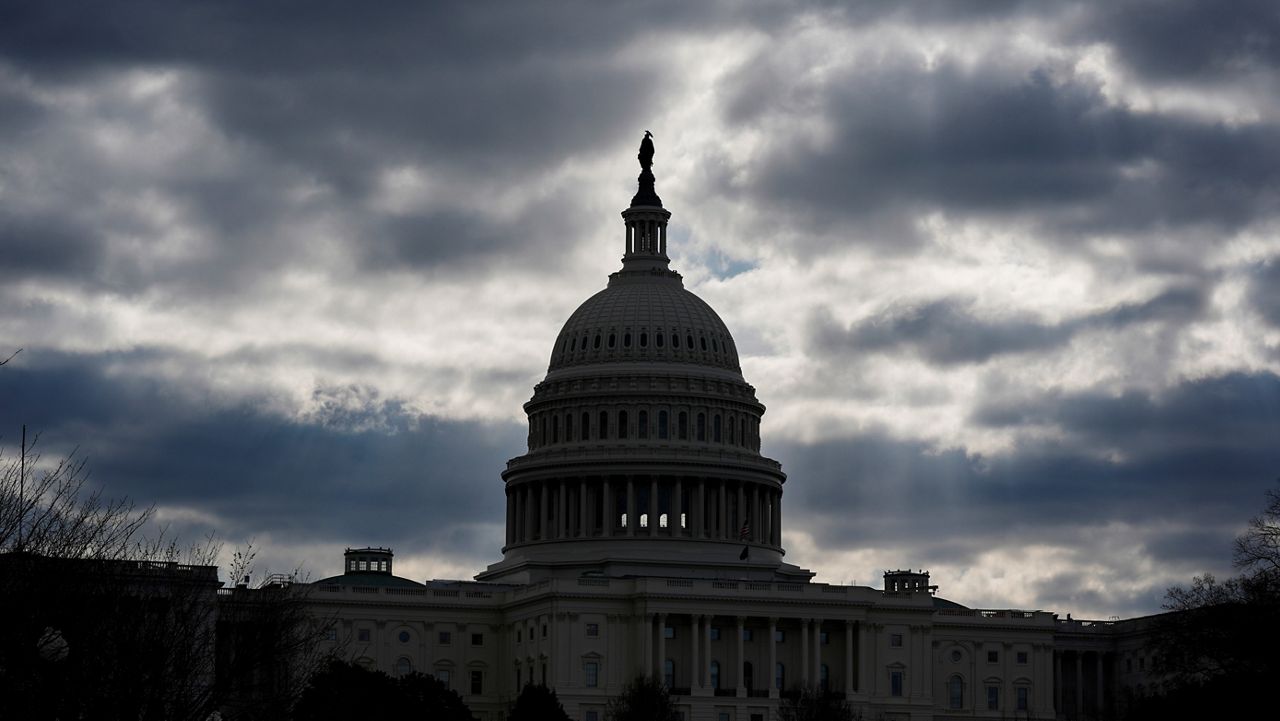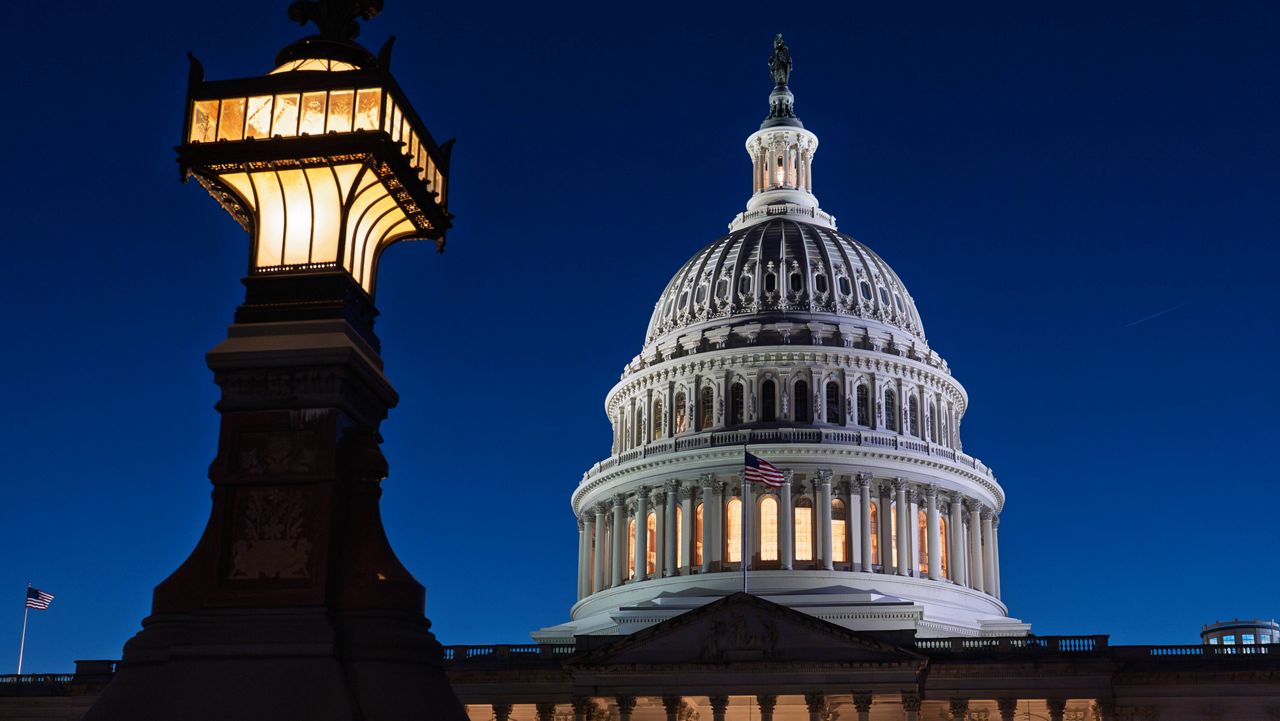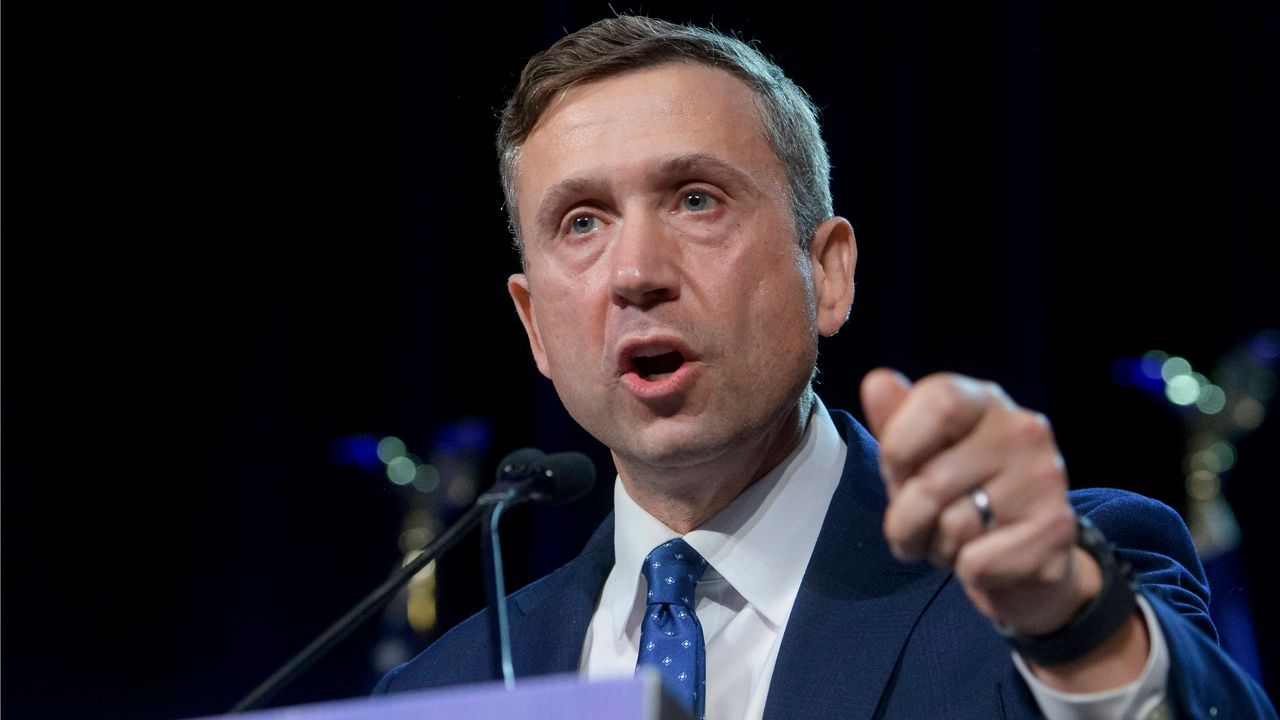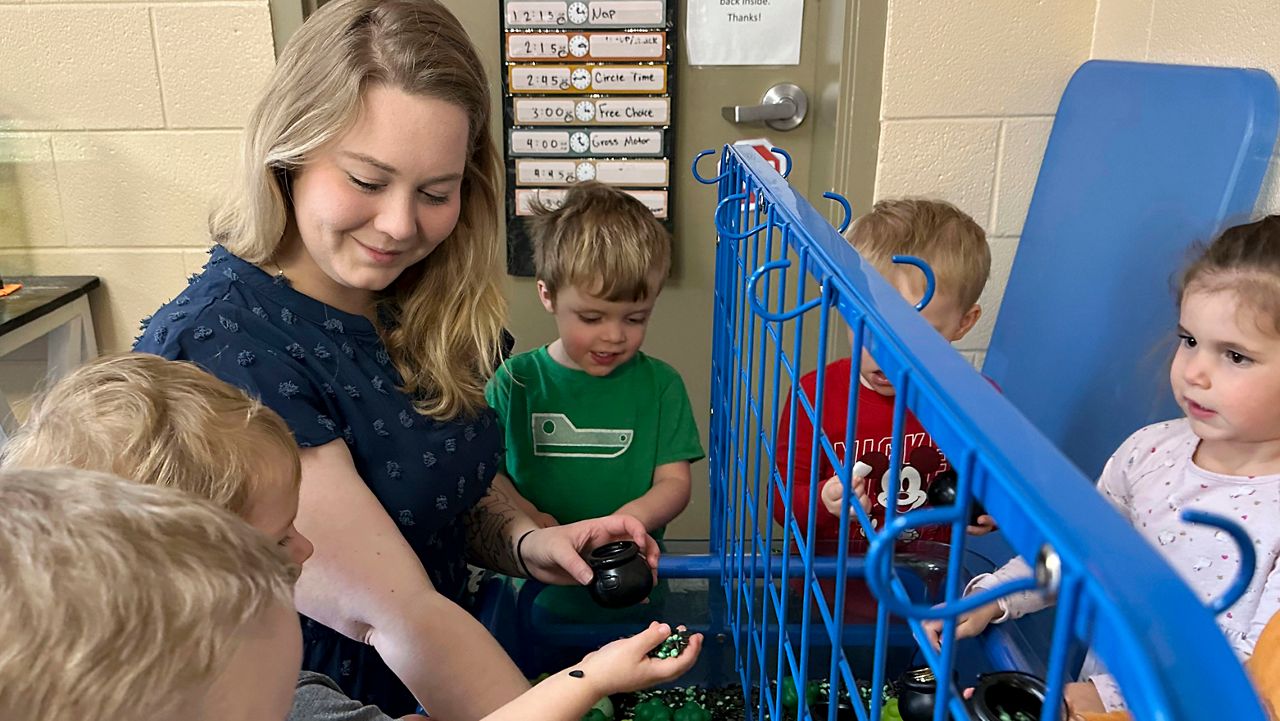Delaware’s Sen. Tom Carper and a group of Senate Democrats have introduced legislation to make Washington, D.C., the 51st state.
"This isn’t a Republican or Democratic issue," Sen. Carper said in a statement. "It’s an American issue because the lack of fair representation for D.C. residents is clearly inconsistent with the values on which this country was founded."
Maryland’s Sen. Chris Van Hollen, one of the bill’s co-sponsors, wrote on Twitter in support of the measure.
"For far too long, D.C. residents have been denied their right of self-governance and have faced taxation without representation," he wrote. "Support is growing—now's the time to get it done!"
The bill, originally introduced in 2013, would grant D.C.’s roughly 700,000 citizens full representation in Congress, as well as authority over local issues. Currently, D.C. has a non-voting delegate in the House of Representatives — Rep. Eleanor Holmes Norton, who is also sponsoring the bill — and no representation in the U.S. Senate.
This isn’t to say that D.C. residents aren’t completely without a voice: The 23rd Amendment to the Constitution allows residents to vote in Presidential elections; however, they can never have more electors than the least-populous state.
D.C. residents are also subject to all federal taxes. The slogan “End Taxation Without Representation,” a common rallying cry for D.C. statehood that echoes the political slogan that started the American Revolution, even appears on the district’s license plates.
The District has a population larger than two U.S. states — Vermont and Wyoming — and all of the United States’ territories other than Puerto Rico.
President Joe Biden has been a staunch supporter of D.C. statehood, but Republicans have long argued against it; in July of 2020, after House Democrats passed a bill to advance D.C. statehood, several Republican Senators, including Sens. Lindsey Graham (R-SC) and Tom Cotton (R-AK) called it a “Democratic power grab” which would “empower the most radical agenda in modern American politics.”
Adding two Senators would likely change the balance of power in the U.S. Senate — since D.C. was granted the right to vote in presidential contests, the District has never voted for a Republican presidential candidate.
Since 2000, D.C. has voted for Democrats in presidential elections over 85% of the time, peaking in 2008 at 92.5% for Barack Obama — D.C. voted for Joe Biden with 92.2% of the vote in 2020.
For D.C. to become a state, the bill would require 60 votes, with Democrats needing 10 Republican Senators to join in supporting the measure.
Calls for statehood have only grown since the U.S. Capitol riot by a pro-Trump mob on Jan. 6, which left 5 dead. The city had no power to activate the National Guard to quell the riot.
Mayor Muriel Bowser wrote on Twitter that the statehood measure "cannot wait."
"Generations of Washingtonians have been denied the right to participate in our democracy – to have their voices and votes heard in Congress, to help shape the future of our nation, and to have a say on Supreme Court justices," she wrote. "It's a promising sign that our country is finally ready to right this historic wrong."
On Jan. 6, a little before the storming of the Capitol, Bowser called for statehood for the District.
"Just like the millions of Americans who voted nationwide and the thousands who organized and voted in Georgia," Bowser said at the time, "We are ready to build a more perfect union – one in which all voices are heard, one in which we work together to uplift families in cities, and suburbs, and small towns, and one in which the 712,000 residents of Washington, DC have full access to our nation’s democracy."




